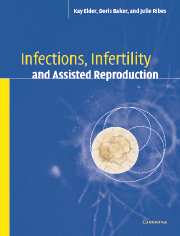1 - Introduction
from Part I - Overview of microbiology
Published online by Cambridge University Press: 29 October 2009
Summary
History of microbiology
The history of microbiology, the scientific study of microorganisms, had its origins in the second half of the seventeenth century, when Anton van Leeuwenhoek (1632–1723), a tradesman in Delft, Holland, learned to grind lenses in order to make microscopes that would allow him to magnify and observe a wide range of materials and objects. Although he had no formal education and no knowledge of the scientific dogma of the day, his skill, diligence and open mind led him to make some of the most important discoveries in the history of biology. He made simple powerful magnifying glasses, and with careful attention to lighting and detail, built microscopes that magnified over 200 times. These instruments allowed him to view clear and bright images that he studied and described in meticulous detail. In 1673 he began writing letters to the newly formed Royal Society of London, describing what he had seen with his microscopes. He corresponded with the Royal Society for the next 50 years; his letters, written in Dutch, were translated into English or Latin and printed in the Philosophical Transactions of the Royal Society. These letters include the first descriptions of living bacteria ever recorded, taken from the plaque between his teeth, and from two ladies and two old men who had never cleaned their teeth:
I then most always saw, with great wonder, that in the said matter there were many very little living animalcules, very prettily a-moving.
- Type
- Chapter
- Information
- Infections, Infertility, and Assisted Reproduction , pp. 3 - 20Publisher: Cambridge University PressPrint publication year: 2004



